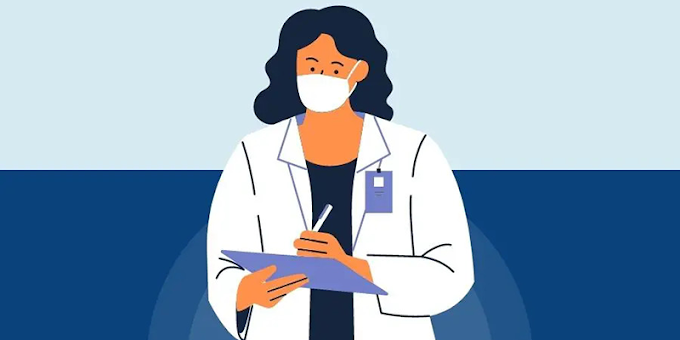Medical billing and coding is the process of translating medical procedures and diagnoses into alphanumeric codes for billing and insurance purposes. This critical task is essential for healthcare providers to receive payments for their services and for patients to get the insurance coverage they need. But is medical billing and coding hard? The answer is not straightforward as it depends on several factors.
Firstly, medical billing and coding require an extensive knowledge of medical terminology and anatomy. A medical biller and coder must be able to understand complex medical jargon and translate it into the appropriate codes accurately. This requires a high level of attention to detail, as even small errors can lead to claim denials, delayed payments, or other financial issues. However, with proper education and training, mastering medical terminology and anatomy is achievable.
Secondly, medical billing and coding is a constantly evolving field. There are frequent updates to coding guidelines and new coding systems to learn. For example, the International Classification of Diseases, Tenth Revision, Clinical Modification (ICD-10-CM) has over 68,000 diagnostic codes, and the Current Procedural Terminology (CPT) code set contains over 10,000 codes. Keeping up with these updates can be challenging, but it's essential for accurate billing and coding.
Thirdly, medical billing and coding require a good understanding of healthcare laws and regulations. This includes knowledge of federal and state laws regarding healthcare privacy, medical billing fraud, and abuse. It's crucial to stay informed about these laws and regulations to ensure compliance and avoid legal issues.
However, despite these challenges, medical billing and coding is a rewarding career that offers job stability and growth opportunities. According to the Bureau of Labor Statistics, the demand for medical records and health information technicians, which includes medical billers and coders, is projected to grow by 8% from 2020 to 2030, faster than the average for all occupations.
To become a medical biller and coder, one must complete a training program that includes coursework in medical terminology, anatomy, coding systems, and healthcare laws and regulations. Many community colleges and vocational schools offer certificate and associate degree programs in medical billing and coding, and some programs are available online.
In conclusion, medical billing and coding can be challenging due to its complex nature and constantly evolving regulations. However, with proper education and training, it's possible to master the skills required for this critical job. If you have a passion for healthcare and a keen attention to detail, a career in medical billing and coding could be an excellent choice for you.





0 Comments